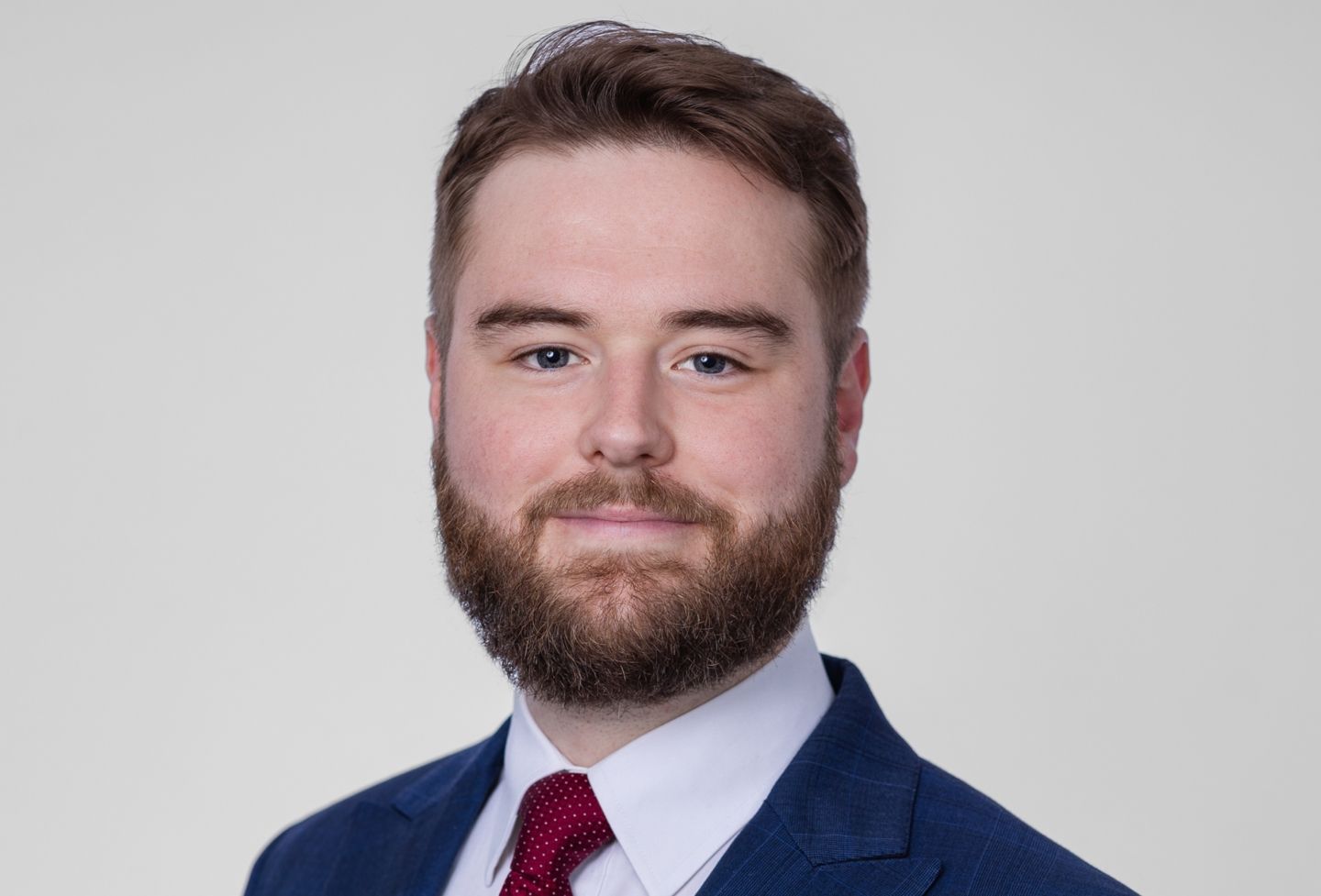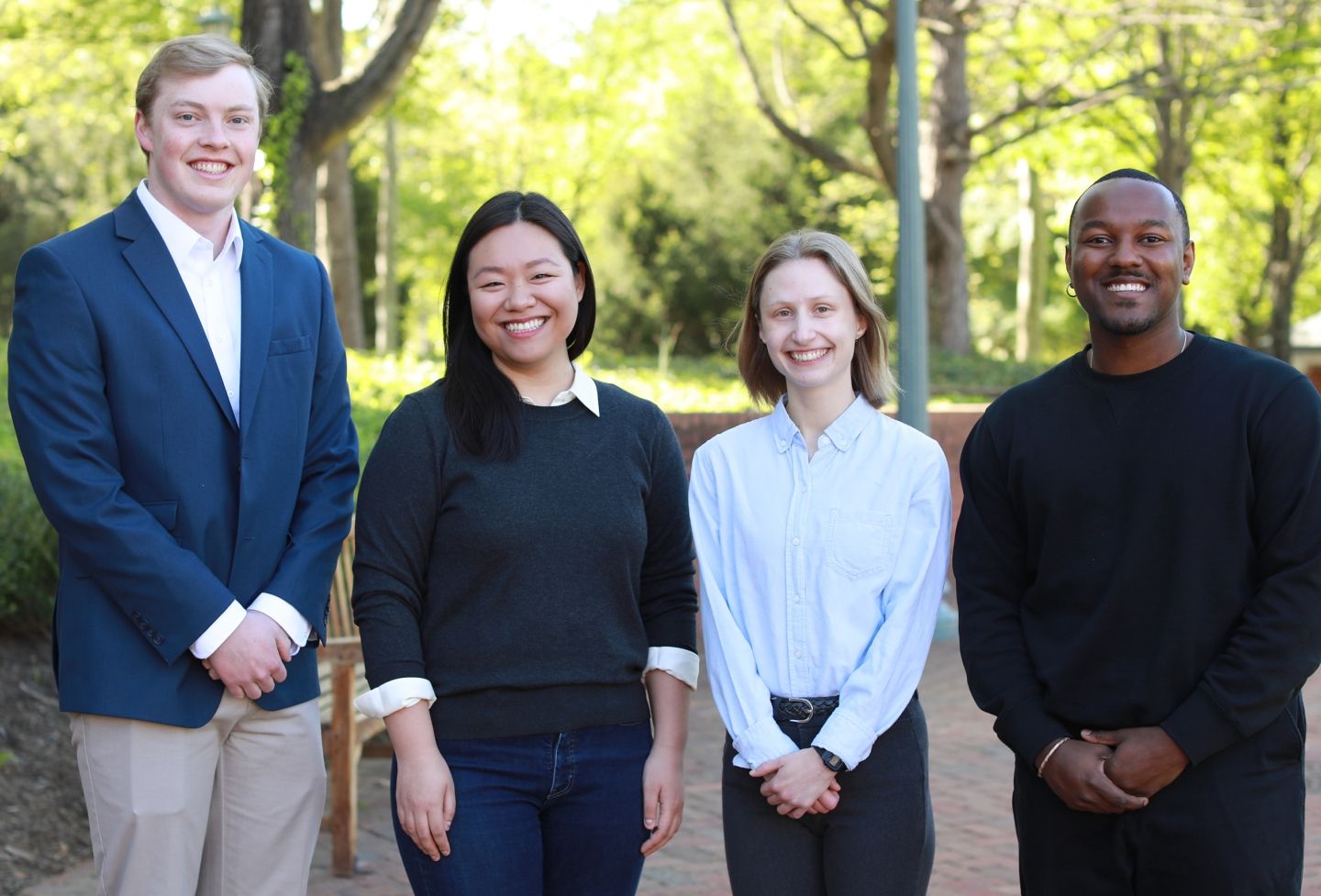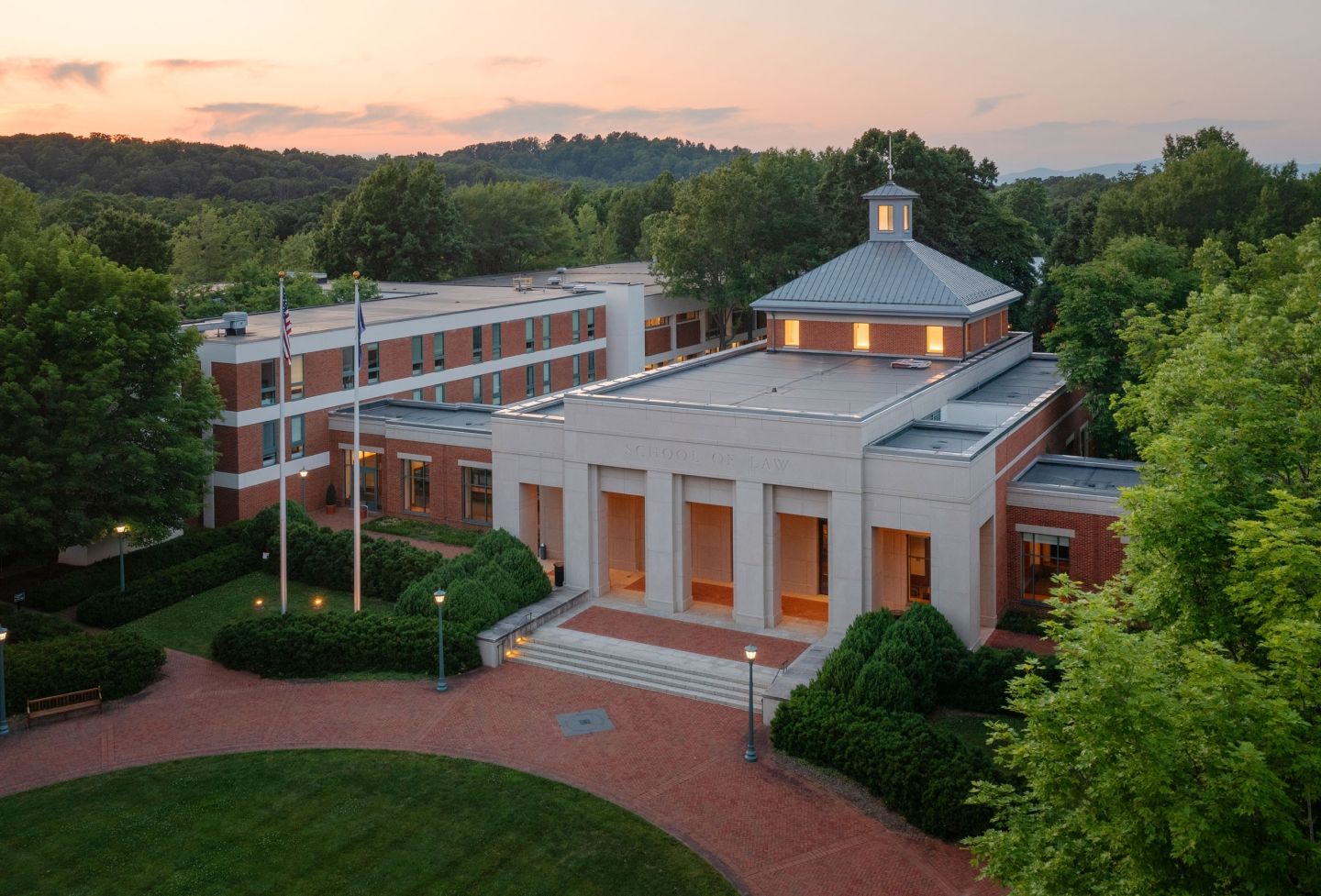Zach Williams: Criminal Defendants’ Right to Counsel Hurt by Lack of Lawyers
Corruption in Cambodia’s criminal courts is rampant, but the biggest problem facing defendants may be their ability to find a qualified lawyer, second-year law student Zach Williams discovered.
“How a government treats people who’ve committed crimes and how scrupulously it protects people who may have offended its own laws is a pretty big indicator to me of how serious a country and a government is about having a just society,” Williams said.
But “making sure people have a right to counsel is like social security or health care — to some degree it’s dependent on resources.”
Criminal courts in Cambodia are judge-centric, like France’s criminal system, Williams explained. The judge is the finder of fact, leads the investigation and trial, and gives prosecution and defense witnesses permission to speak.
A new criminal procedure code passed in 2007 is “more restrictive than you would like,” he said. For example, the code is too permissive in allowing judges to reject questions counsel submit to witnesses and the accused during investigatory hearings.
But the code is not fatally deficient, Williams added. “In practice there are a lot of problems, but not all of them are the result of a government that’s actively trying to give criminals a raw deal.”
Defendants face a justice system in which few judges have more than a primary education, and lawyers are hard to find. Some estimate that the Khmer Rouge regime killed or drove out all but 10 lawyers in the country. When Vietnam invaded and essentially ruled Cambodia as a police state for 10 years, there was no commitment to education, and today there is just one lawyer for every 50,000 Cambodian citizens.
“On some level it’s hard to speak seriously about guaranteeing rights when there is just very little legal competency there,” Williams said. “It’s just a young and poor and underdeveloped country, and that has a big influence on the judicial system and access to counsel.”
Cambodia has a new law school, but students can also get ahead by paying for grades.
Many efforts to create a more just society are spearheaded by foreign donors, so native Cambodians may not treat it as seriously, Williams suggested.
NGO workers acknowledge that the government wants to improve the system. Defendants, for example, are guaranteed access to a lawyer for the trial. But often the investigation is the more crucial stage of the process.
“The people in power do want to make things better in the justice sector, but it’s more important for them to keep power,” he said.
Williams was heartened by his interview with a Cambodian Supreme Court justice, and also met with Sam Sok Oeun, the head of the Cambodian Defenders Project, which tries up to 2,000 cases a year. As one of the most prominent NGOs in the country, the organization is known for training young lawyers.
“The NGO sector is basically the social service sector in Cambodia because the country is so underdeveloped,” Williams said.
- Kathleen Doherty: Indigenous Education Gets Help from NGOs
- Robin Freeman: Cambodia’s Disabled May Soon Be Protected by Law, If in Name Only
- Kathleen Ho: More Measuring Needed to Determine Microfinancing’s Societal Success
- Guillermo Jover-Cataldi: With New Law, Land Rights Issues Present Complex Picture
- Dana Jupiter: Blurry Lines in Monitoring Sex Trafficking
- Pamela McElroy: Access to Citizenship Tough for Vietnamese Residents
- Gabriel Walters: Khmer Rouge Tribunal May Not Offer Justice for All
Founded in 1819, the University of Virginia School of Law is the second-oldest continuously operating law school in the nation. Consistently ranked among the top law schools, Virginia is a world-renowned training ground for distinguished lawyers and public servants, instilling in them a commitment to leadership, integrity and community service.


